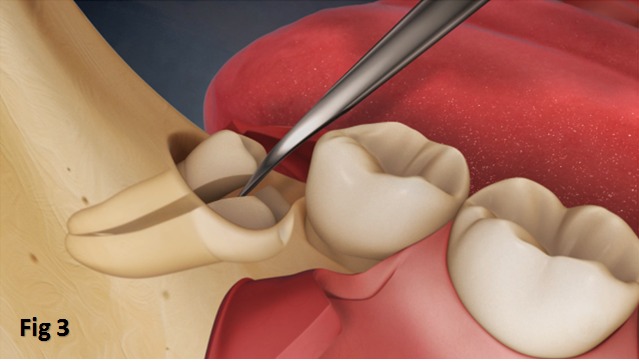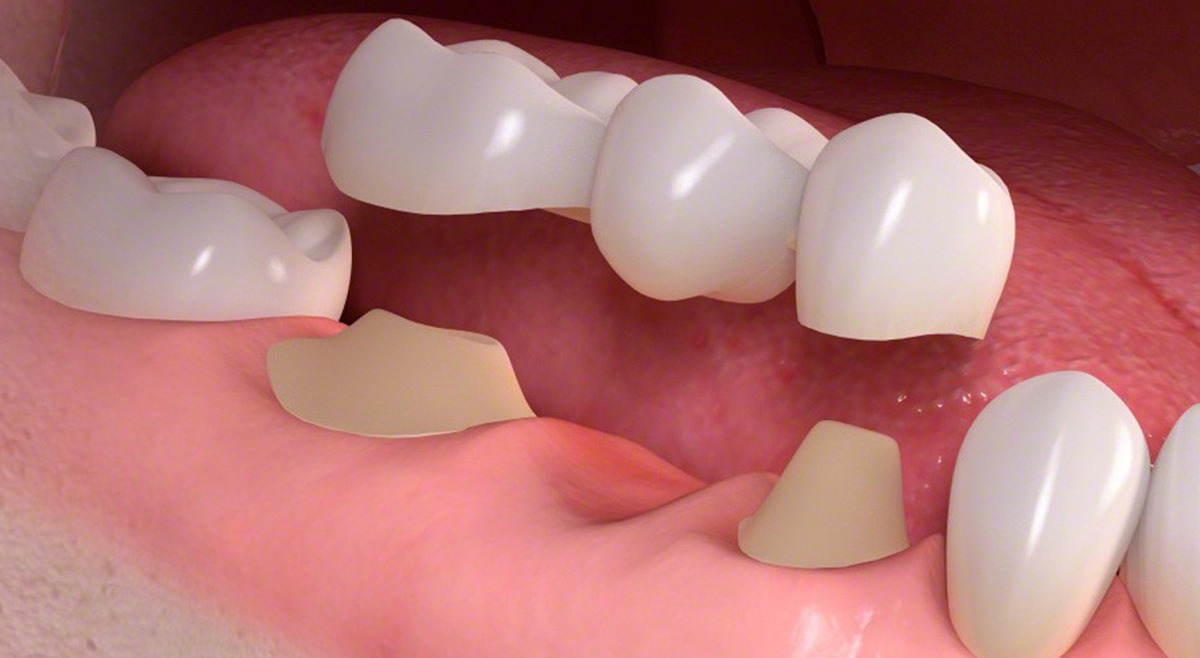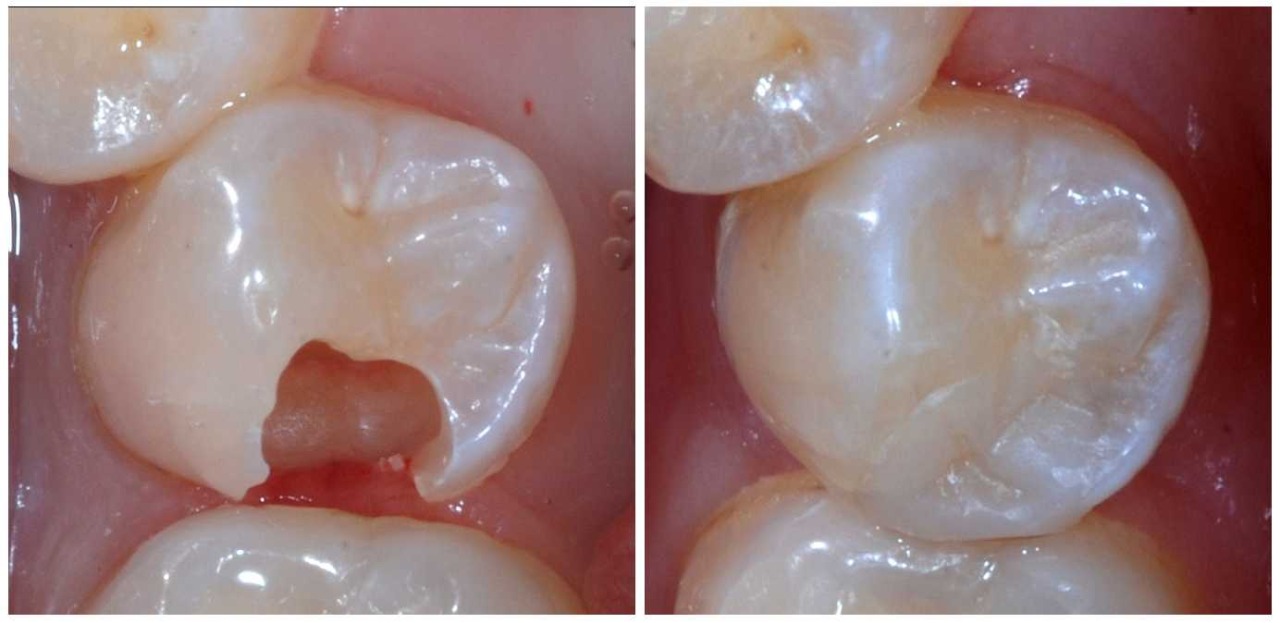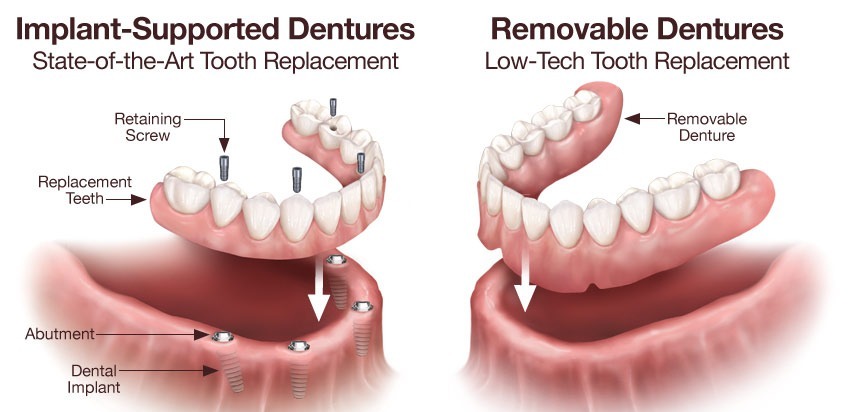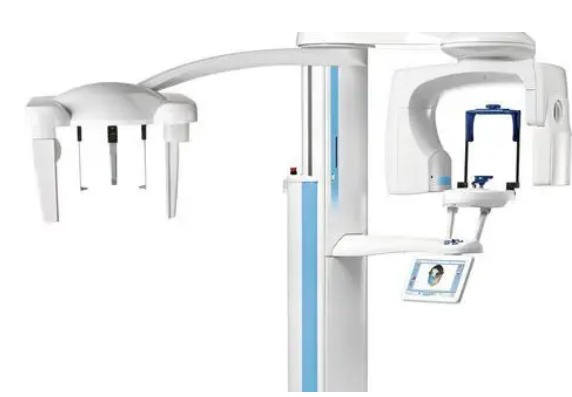Service
Advanced Endodontic Procedures
Endodontic procedures are dental treatments that involve the innermost part of the tooth, known as the pulp. Advanced endodontic procedures are more complex treatments that go beyond traditional root canal therapy. Here are some examples of advanced endodontic procedures:
- Endodontic Retreatment: This procedure involves the removal of a previously placed root canal filling material in order to access and treat any remaining infected or damaged tissue. Endodontic retreatment may be necessary if the initial root canal therapy was not successful or if new issues have developed.
- Apicoectomy: An apicoectomy is a surgical procedure that involves removing the tip of the tooth root and surrounding infected tissue. This procedure is typically performed when a traditional root canal therapy has not been successful, or when there is an infection in the bone around the tooth.
- Regenerative Endodontics: Regenerative endodontics is a procedure that involves stimulating the growth of new tissue within the pulp of a tooth. This procedure may be used in cases where the pulp has been damaged by trauma or infection.
- Internal Bleaching: This procedure involves the use of a chemical agent to bleach discolored teeth from the inside out. Internal bleaching is typically used to improve the appearance of teeth that have been discolored due to trauma or previous root canal therapy.
Advanced endodontic procedures require specialized training and experience, and are typically performed by endodontists - dental specialists who focus on treating the inner parts of teeth. If you are experiencing dental problems that require advanced endodontic procedures, it's important to consult with an experienced endodontist to determine the best course of treatment.

Importance of Advanced Endodontic Procedures
Advanced endodontic procedures are important for several reasons:
- Saving Teeth: One of the primary benefits of advanced endodontic procedures is that they can help to save teeth that would otherwise need to be extracted. By treating the inner parts of the tooth, endodontists can remove infected or damaged tissue and restore the tooth's function.
- Relieving Pain: Advanced endodontic procedures can also help to alleviate the pain and discomfort associated with dental problems. By removing damaged or infected tissue, endodontists can help to reduce inflammation and restore the tooth's health.
- Preserving Oral Health: By saving teeth and restoring their function, advanced endodontic procedures can help to preserve the natural alignment of the teeth and prevent other dental problems. This can improve overall oral health and prevent the need for more extensive dental treatments in the future.
- Improving Appearance: Some advanced endodontic procedures, such as internal bleaching, can also improve the appearance of discolored teeth. This can help to boost confidence and self-esteem.
- Enhancing Quality of Life: By alleviating pain and restoring function, advanced endodontic procedures can enhance a patient's quality of life. Patients can enjoy eating and speaking without discomfort, and can maintain their natural teeth for many years to come.
Overall, advanced endodontic procedures are important for maintaining oral health and preserving natural teeth. If you are experiencing dental problems that require advanced endodontic treatment, it's important to consult with an experienced endodontist to determine the best course of action.
Cons of Advanced Endodontic Procedures
- Cost: Advanced endodontic procedures can be more expensive than traditional root canal therapy, which may be a barrier for some patients.
- Time-Consuming: Some advanced endodontic procedures, such as regenerative endodontics, may take more time to complete than traditional root canal therapy.
- Complexity: Advanced endodontic procedures are more complex than traditional root canal therapy and require specialized training and experience.
- Potential for Complications: As with any dental procedure, there is a risk of complications, such as infection or nerve damage, with advanced endodontic procedures.
- Not Always Necessary: In some cases, advanced endodontic procedures may not be necessary, and traditional root canal therapy may be sufficient.
Overall, advanced endodontic procedures can offer many benefits, but it's important to weigh the pros and cons and discuss your options with an experienced endodontist to determine the best course of treatment for your specific dental needs.
The specific steps involved in an advanced endodontic procedure can vary depending on the type of procedure being performed and the individual patient's needs. However, here is a general overview of the steps involved in an advanced endodontic procedure:
- Evaluation: The endodontist will evaluate the patient's dental history, take x-rays, and conduct a thorough examination of the tooth in question to determine if advanced endodontic treatment is necessary.
- Anesthesia: The endodontist will administer local anesthesia to numb the area around the affected tooth, ensuring the patient is comfortable throughout the procedure.
- Access: The endodontist will create an access point to the innermost part of the tooth by removing a small amount of enamel from the top of the tooth.
- Removal: The endodontist will remove any infected or damaged tissue from inside the tooth using specialized tools, including files and irrigating solutions.
- Cleaning and Shaping: The endodontist will carefully clean and shape the inside of the tooth to prepare it for the filling material.
- Filling: The endodontist will place a special filling material, such as gutta-percha, into the tooth to seal it and prevent further infection.
- Sealing: The endodontist will seal the access point with a temporary filling material, which will be replaced with a permanent filling or crown at a later appointment.
In more complex advanced endodontic procedures, such as regenerative endodontics or apicoectomy, additional steps may be required, such as removing the tip of the root or placing a special filling material to encourage the growth of new tissue.
It's important to note that the specifics of each advanced endodontic procedure can vary depending on the individual patient's needs and the complexity of the case. Your endodontist will provide you with detailed information on the steps involved in your specific procedure, as well as any pre- and post-procedure instructions to help ensure a successful outcome.








